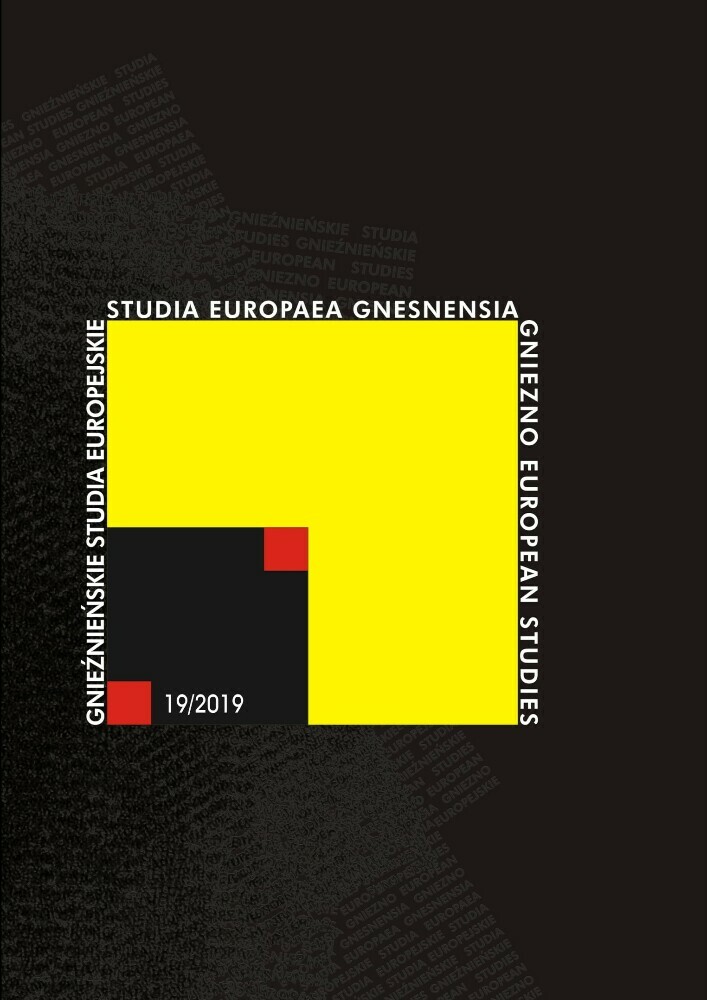Abstrakt
This paper discusses creation of the image of the Other from the standpoint of globalization. The objective is to prove the thesis that due to its particular nature, global reality does not tolerate the dichotomy of us vs. them. Also, it is not invalidated by the awareness that one’s own and the alien are more con-tiguous and permeate one another to a greater extent than ever before. The only elements which do change are the contexts surrounding that distinction and the tools of its production and dissemination. Within the consciousness, in the social notions and structures of knowledge, the post-colonial era remains profoundly colonial.
Bibliografia
Armstrong J. 1982, Nations before Nationalism, Chapel Hill.
Barth F. 2006, Grupy i granice etniczne: społeczna organizacja różnic kulturowych, [w:] Badanie kultury. Elementy teorii antropologicznej. Kontynuacje, Warszawa.
Bauman Z. 2011, Kultura w płynnej nowoczesności, Warszawa, 348-377.
Bhabha H.K. 2009, Miejsca kultury, Kraków.
Biernat T. 1988, Mit polityczny, Warszawa.
Bottici Ch. 2011, Towards a Philosophy of Political Myth, European Journal of Philoso-phy and Public Debate, III 5 April, s. 31-52.
Filipowicz S. 1988, Mit i spektakl władzy, Warszawa.
Fukuyama F. 1996, Koniec historii, Poznań.
Gandhi L. 2004, Teoria postkolonialna. Wprowadzenie krytyczne, Poznań.
Gregory D. 2004, The Colonial Present: Afghanistan, Palestine, Iraq, Malden.
Hardt M. i Negri A. 2005, Imperium, Warszawa.
Jackson R. 2005, Writing the War on Terrorism. Language, Politics and Counter-terrorism, Manchester-New York.
Said E. 1991, Orientalizm, Warszawa.
Said E. 2009, Kultura i imperializm, Kraków.
Santos B. 2014, Epistemologies of the South, Justice Against Epistemicide, Londyn.
Spivak G.Ch. 2011, Czy podporządkowani inni mogą przemówić?, Krytyka Polityczna, 24-25, s. 196-239.
Waldenfels B. 2002, Typografia obcego, Warszawa.

